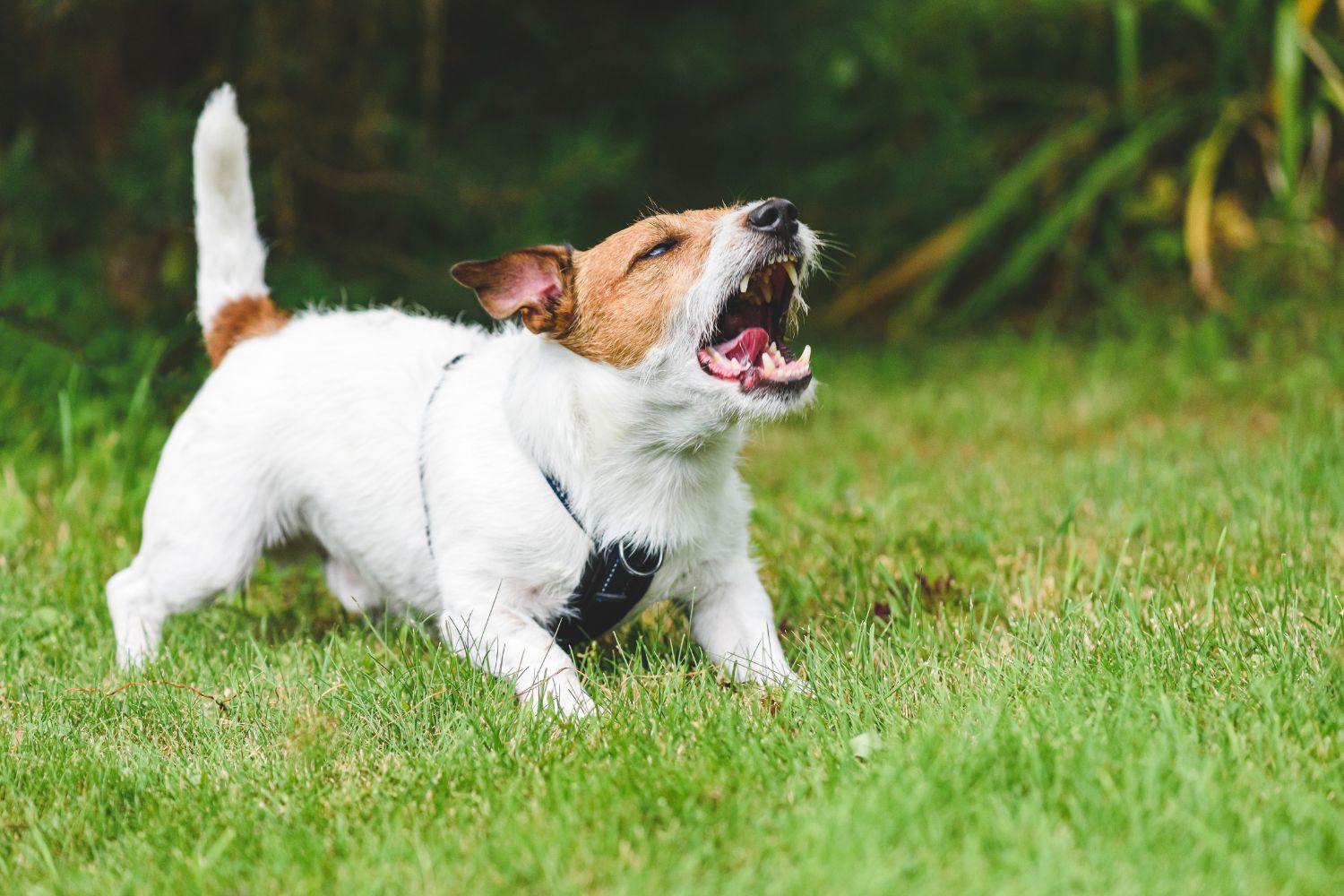
The Aftermath: Medical, Psychological, and Legal Considerations
Once you have managed to fend off the dog or it has retreated, take immediate steps to address any injuries. Even minor bites can lead to serious infections, so seek medical attention as soon as possible.
- Clean the Wounds: Rinse any bite wounds with clean water and apply an antiseptic if available. Cover the wounds with a clean bandage.
- Medical Attention: Visit your healthcare provider to evaluate the wounds and receive necessary treatments, such as tetanus shots or antibiotics.
- Report the Incident: Report the attack to your back office and local animal control authorities. Provide as much detail as possible about the dog and the circumstances of the attack.
- Psychological Aftermath: Experiencing a dog attack can be traumatic. It’s important to acknowledge and address any emotional impact. Seek support from friends, family, or professional counselors to help process the experience.
Legal Considerations
There are several legal considerations to keep in mind. Here’s what you need to know about the legal implications of fighting back, including what happens if you kill the dog in self-defense:
Self-Defense Laws
-
- In most jurisdictions, you have the legal right to defend yourself from imminent harm, including from an attacking dog. Self-defense laws generally allow you to use reasonable force to protect yourself from injury or death.
Reasonable Force
-
- The concept of reasonable force is crucial. You are permitted to use the amount of force necessary to stop the attack and protect yourself. However, the force used should be proportionate to the threat posed by the dog. Excessive force beyond what is needed to neutralize the threat could lead to legal complications.
- Killing the Dog in Self-Defense
- If you kill the dog while defending yourself, several factors will be considered to determine the legality of your actions:
- Imminent Threat: You must be able to demonstrate that you were in immediate danger of serious injury or death and that killing the dog was necessary to protect yourself.
- Proportionality: The force you used must be proportional to the threat. Killing the dog should be a last resort when no other options are available to stop the attack.
- Intent: Your intent should be purely self-defense. If it is evident that you acted out of malice or beyond what was necessary for self-defense, you could face legal repercussions.
- If you kill the dog while defending yourself, several factors will be considered to determine the legality of your actions:
- Documentation and Evidence
- After the incident, documenting the attack is essential. Take photos of your injuries, the location of the attack, and any other relevant evidence. Obtain medical records that detail your injuries. This documentation can be crucial if there are any legal proceedings or disputes about the incident.
- Reporting the Attack
- Report the dog attack to your back office, local animal control authorities, and the police. Provide a detailed account of the incident, including any actions you took to defend yourself. Reporting the attack can help establish the context and support your case if legal issues arise.
Potential Legal Consequences
-
- While defending yourself from an attacking dog is generally within your rights, there are potential legal consequences to be aware of:
- Civil Liability: The dog’s owner might pursue civil action against you for damages, especially if they believe you used excessive force. Having documentation and evidence of the attack and your injuries can be crucial in defending against such claims.
- Criminal Charges: In rare cases, you might face criminal charges if authorities believe you acted with excessive force or malice. However, this is less common if you can clearly demonstrate that your actions were in self-defense.
- While defending yourself from an attacking dog is generally within your rights, there are potential legal consequences to be aware of:
Understanding these legal considerations can help ensure that you are prepared to defend yourself appropriately while also protecting your legal rights. Being attacked by a dog is a frightening experience, but knowing how to respond can significantly increase your chances of avoiding severe injury and dealing with any aftermath effectively.